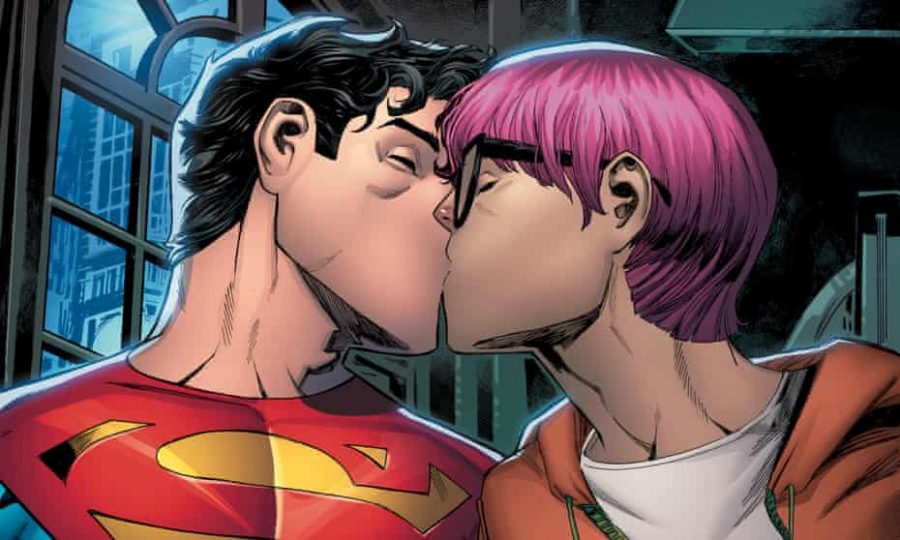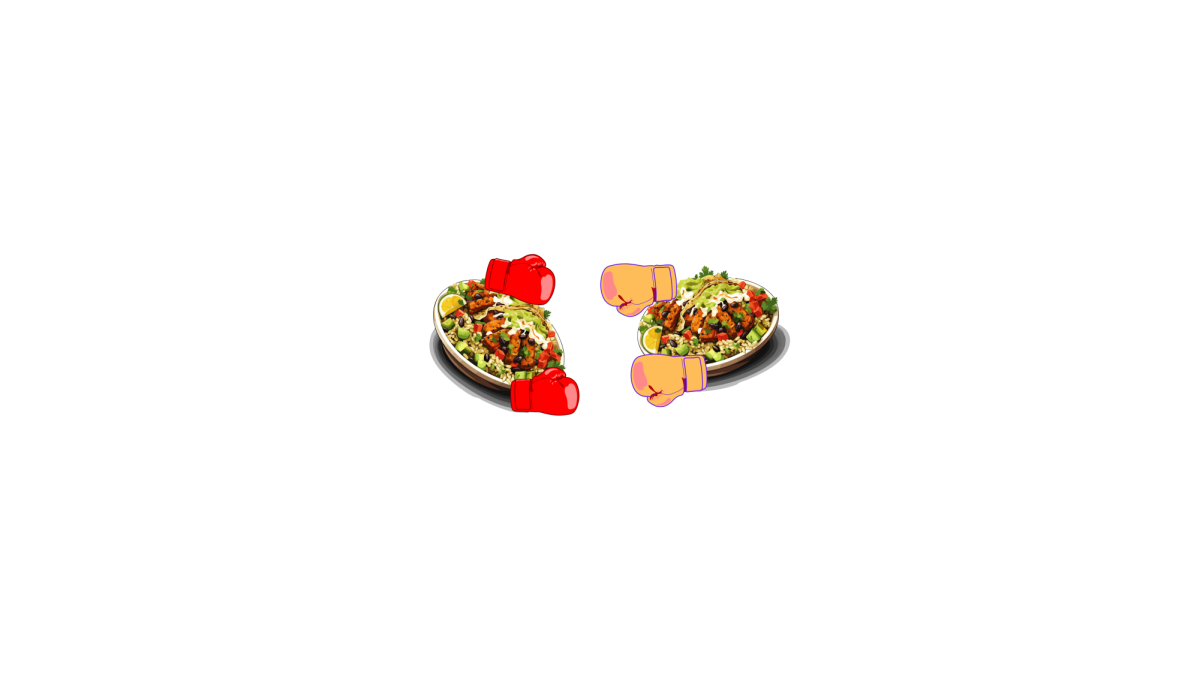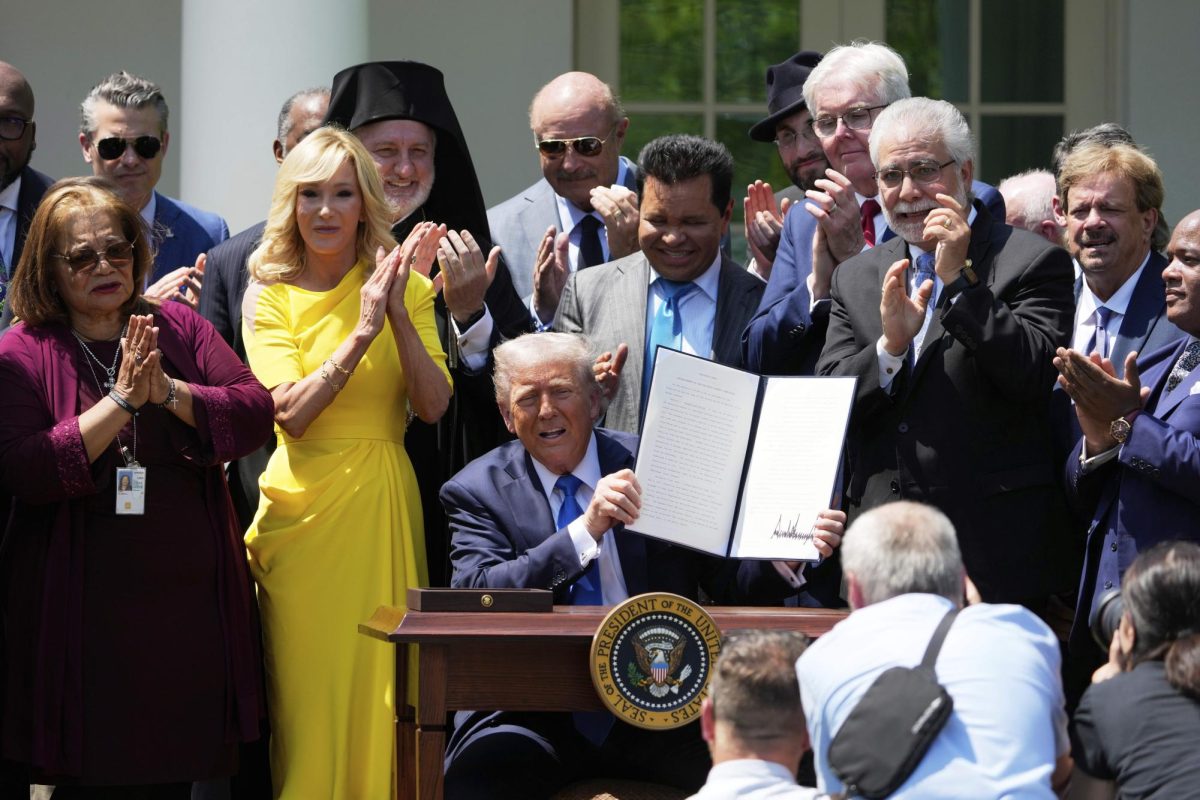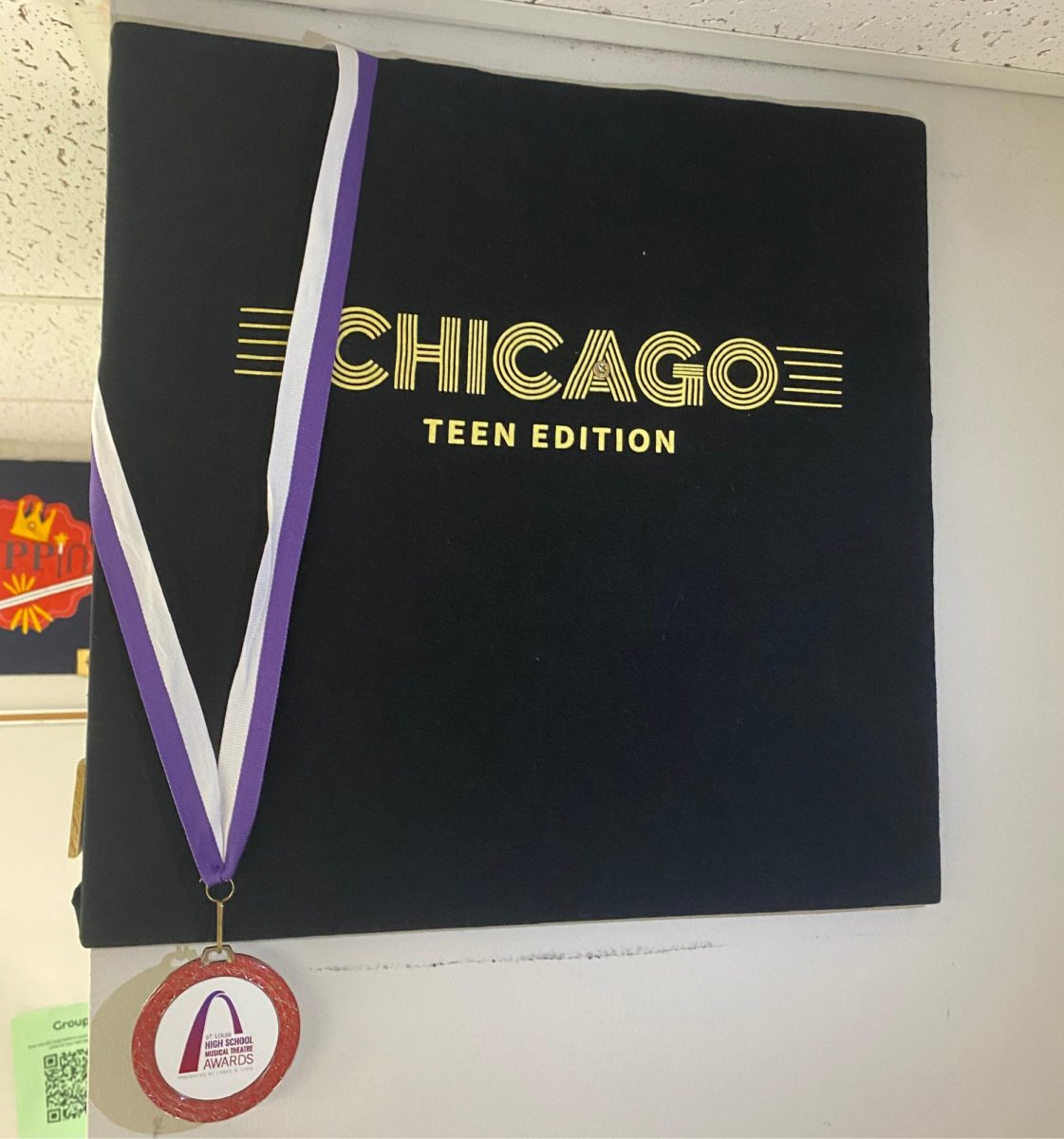New Era of LGBTQ+ Superheroes Causes Backlash
October 29, 2021
Superman, Loki and Robin are all on the long list of superheroes who we’ve grown up watching save the world, but one thing sets them apart.
They’re bisexual.
In the past few years, D.C. and Marvel comics have been aiming to become more inclusive, so they’ve published more stories with scenes of superheroes exploring their sexualities.
The first gay superheroes are in comics dating back to the 1980s, but 2021 marks the kickstart for LGBTQ+ superheroes: According to NBC, 12 have come out of the closet in 2021.
While this has excited the LGBTQ+ community, the recent announcements have sparked backlash with many saying that sexual orientation doesn’t belong in comics.
“Just another good old fashioned kids comic book promoting sexual behavior to children,” someone commented in response to the announcement of Superman’s coming out on Instagram.
“This has got to stop. It’s way too forced,” another said.
Reading these comments, I felt frustrated because these people are not only exaggerating what a gay superhero would look like but are also failing to recognize the positive effect this representation could have on the LGBTQ+ community.
When some people hear that a character is going to be gay or bisexual, it’s like they think it will be a defining factor of the story. In reality, it’s just going to be a simple trait—instead of visiting Lois after saving the day, Superman might visit Lewis.
A significant other has never been the main aspect of a superhero comic, so why are people acting like things will be different when the character is not straight?
These same people are also claiming that this inclusion is forcing sex onto children. This is obnoxious. Just because Superman is dating a guy doesn’t mean he is going to get dirty with him on screen. These claims are completely baseless and homophobic.
All this hatred overshadows the positives of creating more LGBTQ+ characters. For so long the entertainment industry has only depicted straight characters, but in reality, there are hundreds of millions of gay people in the world, and it is important to also represent them.
“When you don’t see people like yourself, the message is: You’re invisible. The message is: You don’t count. And the message is: There’s something wrong with me,” Michael Morgan, a researcher on media effects, said.
So, why are a few gay characters so hard for some people to deal with?
“Superman’s symbol has always stood for hope, for truth and for justice,” Tom Taylor, the Superman comic series writer, said. “Today, that symbol represents something more. Today, more people can see themselves in the most powerful superhero in comics.”












